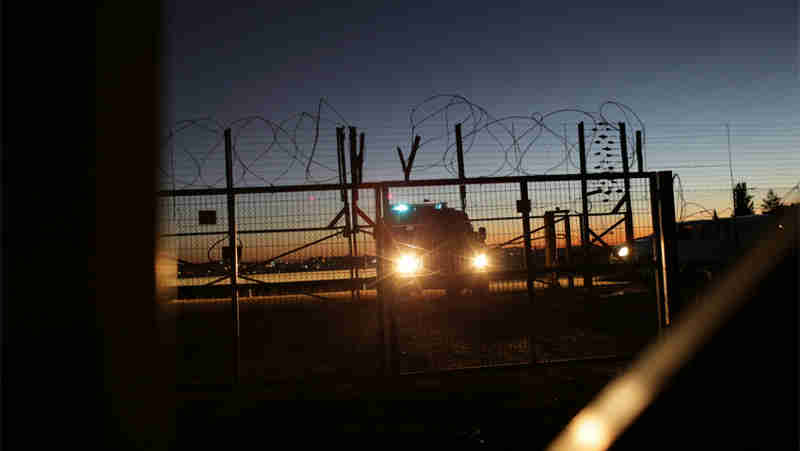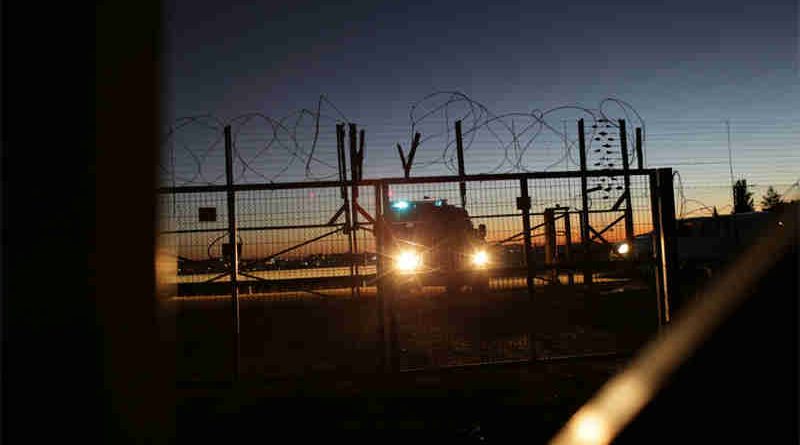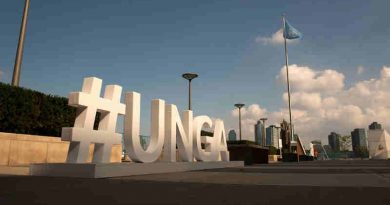New Legislation May Derail Israeli–Palestinian Peace Process

A new piece of Israeli legislation would enable the confiscation of privately owned Palestinian land and if passed, would deal yet another severe blow to hopes of lasting peace in the region, according to a United Nations (UN) human rights expert.
Michael Lynk, the Special Rapporteur on the situation of human rights in the occupied Palestinian territories, expressed deep concern over the proposal to legalize more than 100 illegal outposts in the occupied West Bank. The legislation passed its first reading in the Knesset on 16 November.
According to Mr. Lynk, the unauthorized outposts have been set up on private Palestinian land, deep within the occupied West Bank, and are considered illegal under current Israeli domestic law. To retroactively legalize them would be “another nail in the coffin for the two-state solution,” he said.
“These outposts undermine the Palestinian right to self-determination, violate their rights to property, freedom of movement, and development, and continue to confine the Palestinians into smaller and smaller cantons of non-contiguous lands within their own territory.”
[ Islamic Terrorism Troubling Israel: Donald Trump ]
If adopted, according to the UN, the legislation would allow the Israeli State to appropriate private Palestinian lands where the outposts have been built, thereby repurposing them for use by Israeli settlers.
The Special Rapporteur emphasized that international law prohibits the confiscation of private property, such as proposed by the current law.
“The Knesset (Israel’s parliament) should not be giving the green light to theft by changing the law,” said Mr. Lynk, adding that violating international law would be neither lessened nor mitigated by the bill’s proposed measures to compensate Palestinians whose land has been unlawfully taken.
[ Modi’s Monarchy: Banks in India Refuse to Pay People’s Money ]
The current draft follows a recent ruling by the Israeli Supreme Court that the Amona outpost must be evacuated by 25 December – thereby rejecting a request for delay from the Israeli Government.
“Among the purposes of this legislation is to regularize the legal status of Amona,” said the Special Rapporteur.
According to the UN statement, Mr. Lynk was alarmed to note that some senior Israeli cabinet ministers not only supported the bill, but were also openly calling for annexation of large parts of the West Bank.
Mr. Lynk is part of the Special Procedures of the Human Rights Council, which is part of the Council’s independent fact-finding and monitoring mechanisms that address either specific country situations or thematic issues in all parts of the world. Special Rapporteurs are neither UN staff, nor are they paid for their work.





